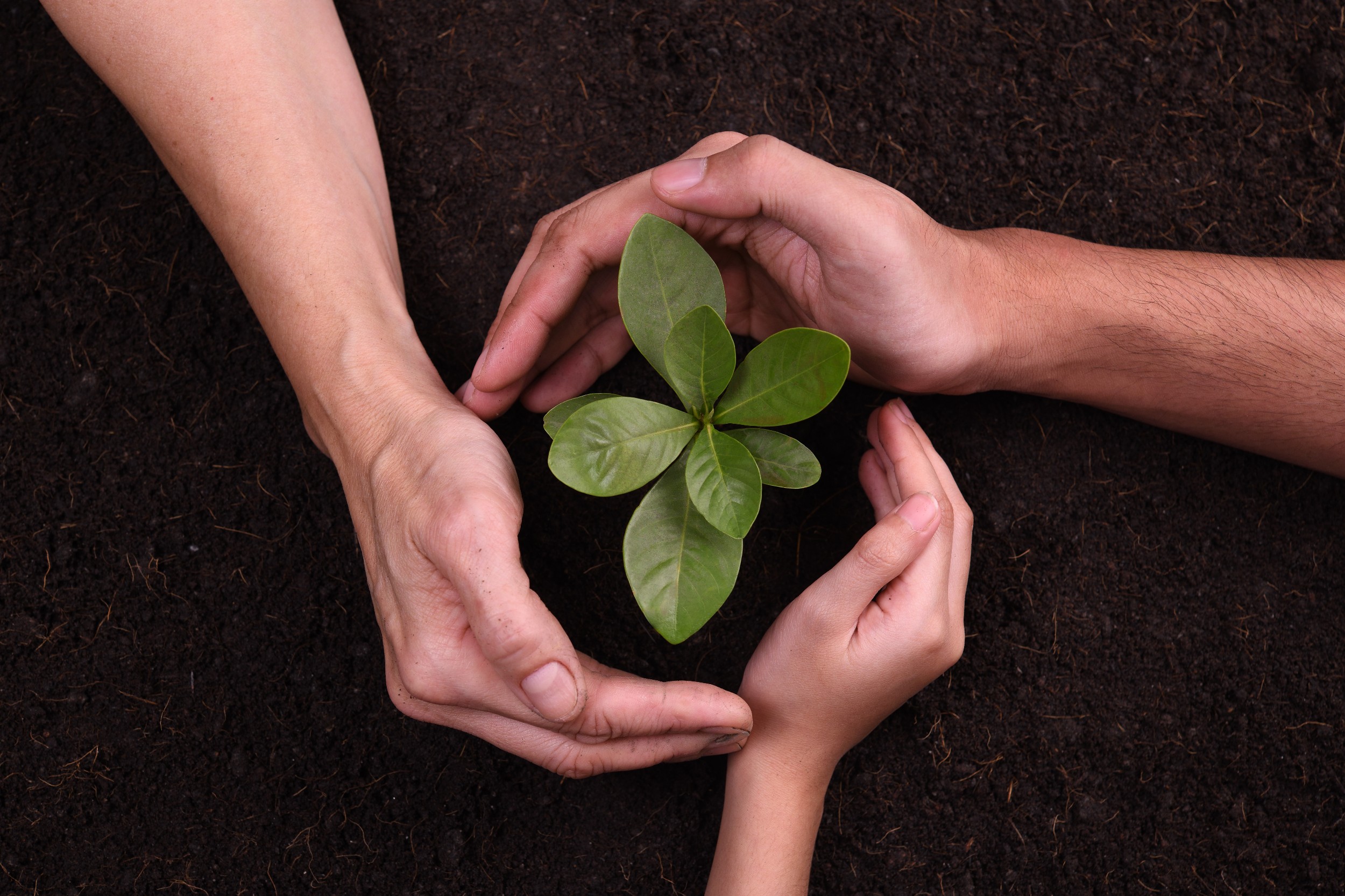Safeguarding means protecting everyone’s health, wellbeing and human rights. It ensures we keep all children, young people and adults safe and free from harm, abuse or neglect.
At AWP, we work together with other organisations to make sure everyone using our services is protected from abuse and harm, and knows their rights.
We also make sure that everyone can report or raise concerns about any abuse they see or suspect is happening.
If you know someone is being abused right now and is in immediate danger, you should call 999 and report it to the police.
If you have any other concerns, please read the section below on how you can stop or report abuse.
There are three main types of safeguarding in our services:
-
If you use our services, we need to protect you if somebody else is taking advantage of you, for example stealing from you.
-
At other times, we need to look after someone else affected by what is happening to you, for example if you become unwell and cannot meet the needs of your children.
-
We have safeguards for staff and other people who work in our services, for example to protect them from physical or discriminatory abuse from anyone using our service.
There are different types of abuse or harm that you, your family or anyone caring for you might need safeguarding to keep everyone protected:
-
Physical abuse can include an abuser kicking, punching or physically hurting you in another way, but it also includes them pushing or shaking you, and even giving you too much medication or not enough.
-
Sexual abuse includes sexual touching or behaviour that you do not want. It can also include sexual ‘grooming’, which involves an abuser deliberately persuading you to take part in sexual acts or behaviour, or encouraging you to do something that will make you vulnerable to sexual abuse, either in person or online.
-
Emotional abuse/psychological abuse can include an abuser threatening to hurt you or deliberately saying things they know will upset you.
-
Financial abuse can include an abuser taking your belongings or money to spend on themselves, forcing you to give them money or other belongings, making you buy something you don’t want or need, or stopping you spending your own money.
-
Neglect involves a carer no longer meeting your needs when you depend on them.
-
Self-neglect is when you are unwell and unable to look after yourself, for example if you are not eating or taking your medication.
-
Discriminatory abuse involves an abuser behaving in a negative way towards you because they think they are better than you because of their age, sexuality, race, religion, skin colour or other personal reasons.
-
Radicalisation is a type of grooming abuse. It involves someone who encourages you to take up extreme social, political or religious views. This usually happens online and the abuser may persuade you to take part in criminal behaviour, activism or even acts of terrorism.
Abuse can happen in your own home, in a healthcare setting, care home, support setting or in a public place. Most often, it can also happen online.
Coercive control is a type of domestic abuse that can include a number of different kinds of abuse. This ‘coercion’ means forcing you to do or think something as a way of controlling you. To do this, the abuser might:
-
stop you from seeing their family, friends or anyone else that cares for you, which leaves you isolated.
-
not let you eat, drink, sleep, keep clean, or take medication when you need to.
-
not let you wear the clothes you want to.
-
control where or when you go out, make you stick to a routine, or not let you go out on your own.
-
spy on or read your phone messages, social media or emails, or not even let you have access to a phone or computer.
-
not let you spend your own money, or control your money or belongings.
-
make you feel worthless, humiliated, dirty or embarrassed by saying things to you or about you.
-
physically or sexually abuse you.
-
threaten to physically or sexually hurt you if you do not do what you are told.
-
tell a number of lies to convince you that something is happening when it is not, or to make you believe something that is not true in order to control you. This is known as ‘gaslighting’.
AWP takes safeguarding and reports of abuse, harm and neglect very seriously. Our team is trained to use safeguarding measures to protect you and to act on concerns when they are raised.
If you know someone is being abused and is in danger right now, you should call 999 and report it to the police.
If you or someone you know has been or is being abused in some way, you can call 101, which is the non-emergency number for the police.
You can talk to our Patient Advice and Liaison Service (PALS) team in confidence about any concerns you might have about any abuse.
